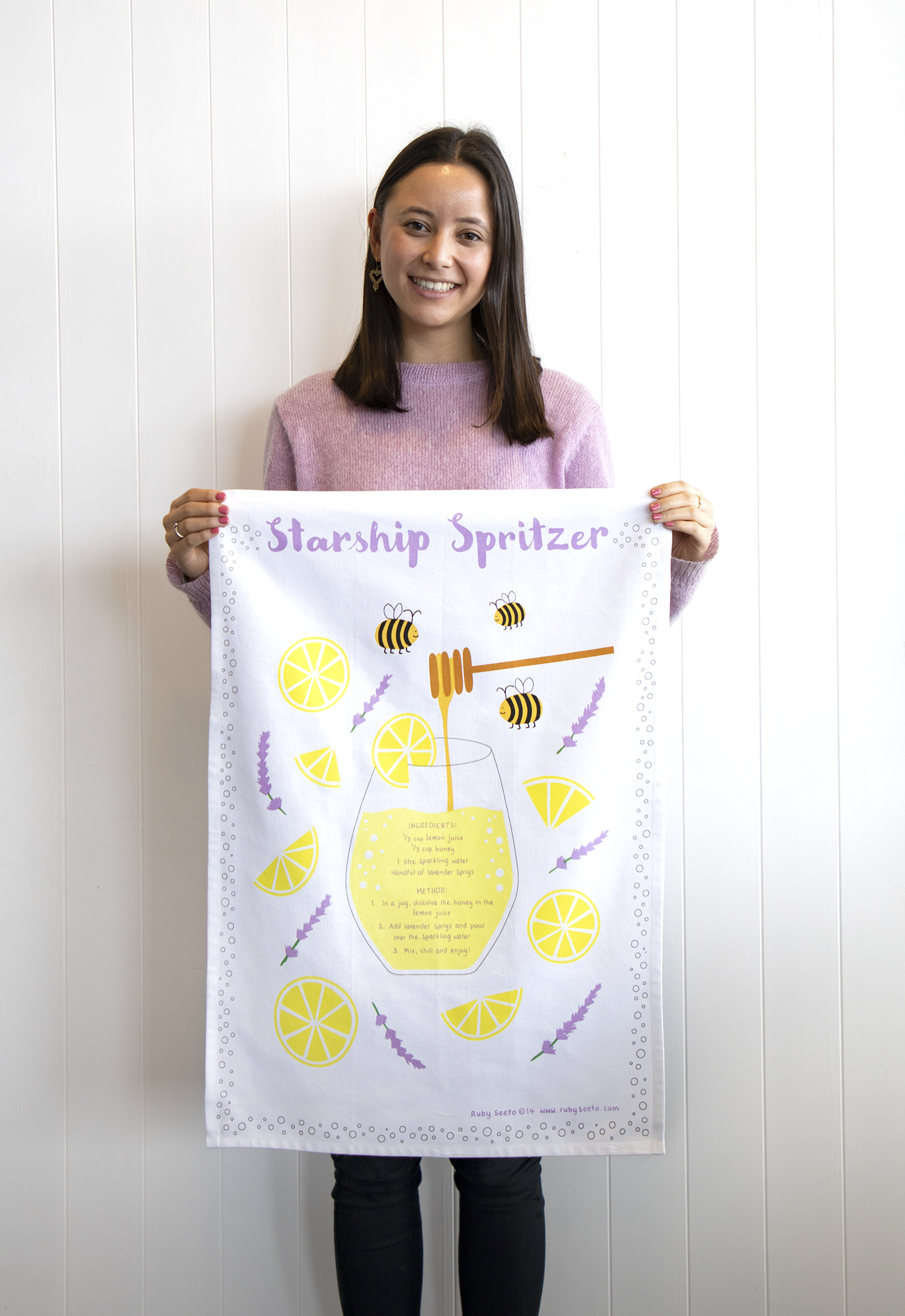Worry has a place but here are some tips for handling it when it gets too much
With Paula Gosney
I recently said to my son, “better to have a bird in the hand than two in the bush.” He looked at me like I was a lunatic; I then followed with an explanation of the 16th century proverb – warning against taking unnecessary risks.
Most of these wonderful old sayings wrap around a universal truth.
“The devil is in the detail” means whatever we do, we should do properly. “Fortune favours the bold” was born out of the Roman Empire; a beautiful truism meaning we create our own luck. And, “you’ll worry yourself sick” is from the 1800’s where it was noted – long before we understood human biochemistry – that those most highly strung and worrisome did not make old bones.
We now know with our very big modern-science brains, that we certainly can worry ourselves sick. The new science of epigenetics – the study of how our genes express themselves – has taught us that the trillions of cells in our bodies are impacted massively by the environment they live in. This biochemical environment is created by the food we eat, our exercise and the emotional state we experience each day. In general, cells love happiness and they don’t like stress.
Add to this the hormones oxytocin and cortisol which are produced largely as a result of how we feel and our stress levels, and you can see how our emotions impact on our wellbeing. Oxytocin is the love hormone which drives us to connect, while cortisol is the stress hormone which evolved so humans could handle famine and war – it keeps us awake and makes fat stick to us like glue. It is well documented that long-term, sustained worry can reduce oxytocin and increase cortisol which is exactly what we don’t want.
Most of us know too much worry isn’t a good thing; just as we know eating two packets of chocolate biscuits doesn’t make us thin, yet why do we do it and how can we stop?
Worry is born out of the need to control; we want to control so we don’t get hurt, feel rejected, stupid or like we are not enough. Yes, there are benefits that can come from worrying: it can tip us into actively creating solutions, but on the whole it changes nothing and messes with our head, heart and flesh.
There are a gazillion words written on wonderful stress-reducing techniques: breathing, sleep, exercise, no sugar or caffeine and good sex – definitely do these.
My desire is to help you become more self-aware and to find what’s underneath your worry. Have a think about these ideas and click through to beliefschool.com/worry for tools that will help you let go.
· Your need to be right.
· Finding compassion for yourself.
· The worst possible outcome.
· Let go of control and give luck the space to turn up.
· Just say yes.
Paula Gosney is a coach, businesswoman and creator. Starting the first of her three successful businesses at 21, she discovered along the way a great talent for personal development. For more visit beliefschool.com







